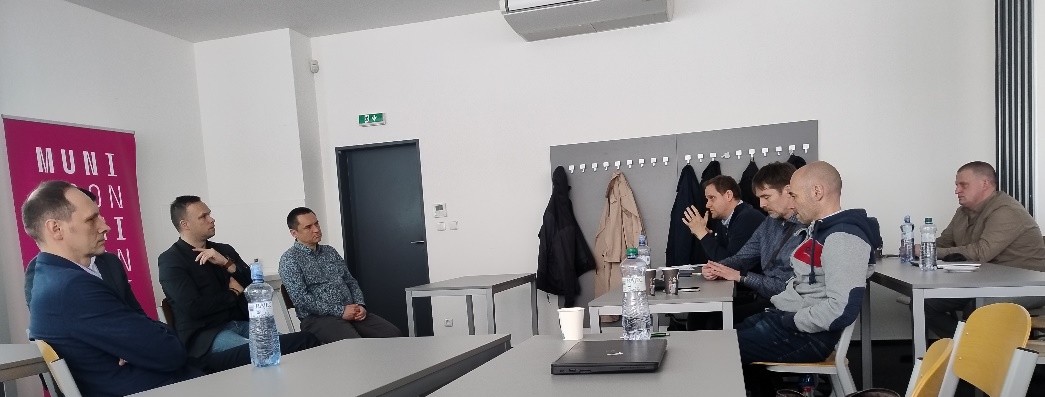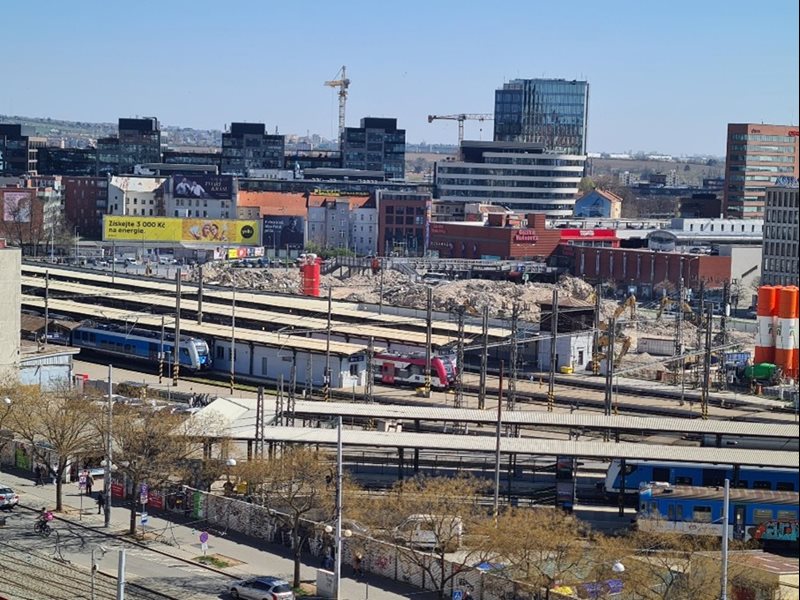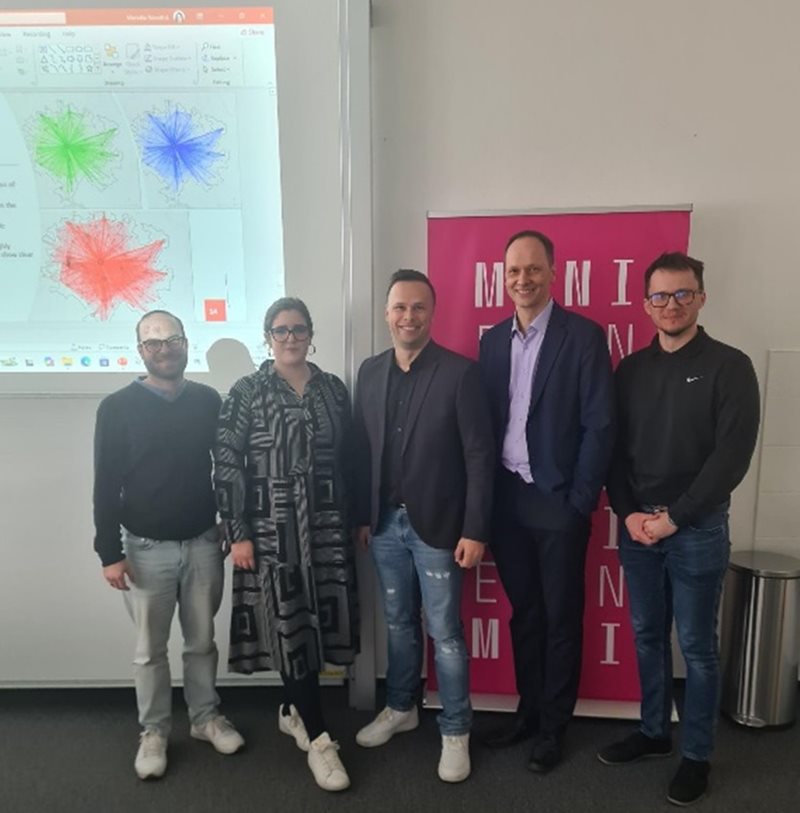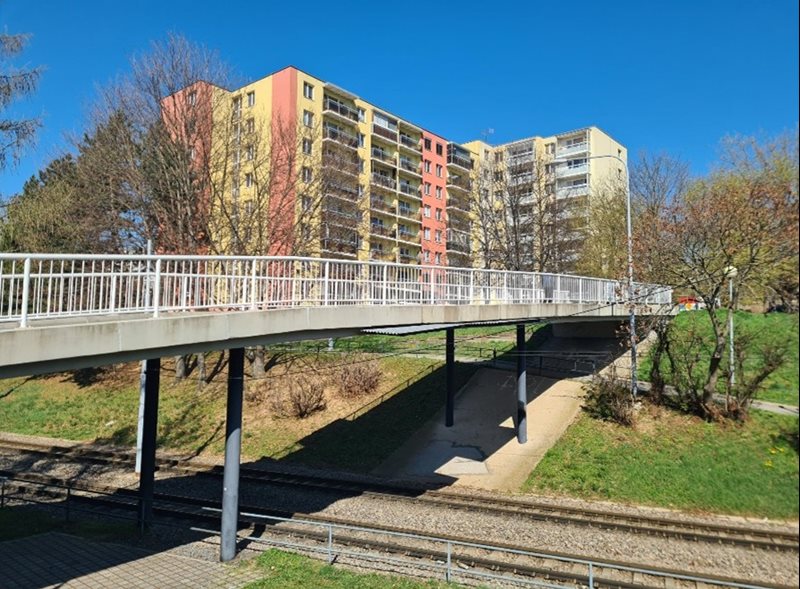Corvinus University is leading the international research on polycentric development opportunities in the Visegrad countries

An international project, led by Corvinus and supported by the Visegrad Fund, was launched at the end of 2024 to examine the polycentric of development in Central European countries, with the participation of the University of Wroclaw, Pavol Pavol Jozef Šafárik University in Košice and the University of South Bohemia. The project is led by Géza Salamin, associate professor at the Institute for Sustainable Development and vice-president of the Hungarian Society for Urban and Spatial Planning.
The ‘Changing role of Secondary Cities in the Polycentric Development of Visegrad Countries’ (SECPOLYC) project aims to support the Visegrad countries in achieving a more economically and socially efficient, balanced and, last but not least, sustainable development by exploring the regional development role of secondary cities in the country, by increasing the understanding of the specificities and potentials of polycentric development. In all four countries, capitals have a strong dominance in the spatial distribution of economic performance, the most skilled labour force and innovation capacities. This monocentric structure is a limit to development, both in economic terms and in terms of sustainability and social opportunity. From this perspective, the project will explore the role of second and third tier urban centres through workshops, consultations and empirical research. The project will organise stakeholder workshops in the main secondary centres of the countries concerned. Following an event in Vroclav last December, this year’s event took place in Brno, Czech Republic, hosted by the Faculty of Economics and Administration of Masaryk University.

Revitalisation of the internal areas of Brno
The Brno event included first presentations by the participating researchers. Géza Salamin, as the project leader, presented the main objectives of the project and the processes of polycentric development in Hungary. Vladislav Novotný (Pavol Jozef Šafárik University) presented the processes in Slovakia, Robert Szmytkie (Wrocław University) presented the processes in Poland and Stanislav Kraft (University of South Bohemia) presented the processes in the Czech Republic. In the discussion that followed the presentations, institutions and researchers responsible for urban development and planning discussed their experiences and insights on the possibilities of secondary pole development and metropolisation. A total of 21 stakeholders participated in the seminar and the panel discussion. The project aims to sensitise and equip the new generation on this issue and 15 university students attended the event.

The Hungarian participants and our host, Stanislav Kraft (in the middle)
Brno is an important city in terms of polycentric development: it has a population of 300,000, but including the agglomeration, there are now 700,000 people living in the metropolitan area, a secondary centre of the Czech Republic, formerly a German settlement. With its well-organised public transport, rich cultural offer and spacious parks, it can become a major centre for the wider region. Its modernly renovated, well-planned residential areas are easily accessible by public transport from the city centre, while its former commercial and industrial areas can be effectively revitalised.

Well designed and organised modern residential areas
The next event will take place in Kosice, 12-14 November 2025. The final seminar will be held in Budapest in spring 2026 at Corvinus University.
More information: https://www.uni-corvinus.hu/ind/secpolyc/?lang=en
Photos and report by: Géza Salamin, Zsombor Nagy